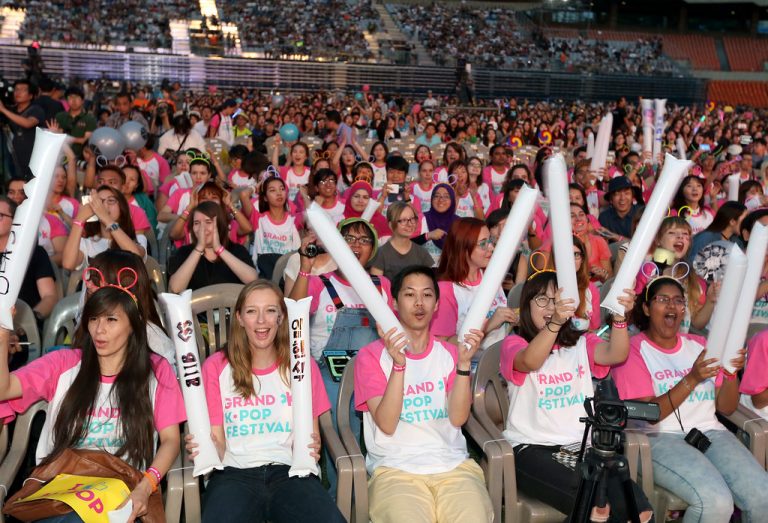Teen Mental Health Matters

What are societal pressures that teens face?
Teens face many societal pressures to do well academically, socially, and physically. Gender, race, and income can contribute to the kind of experiences students have throughout their day. But, that is not all. It does not help when teens come from families with domestic or drug abuse.
Jasmine Sawhne, a board certified psychiatrist, says, “I see academic pressure, high expectations to excel and perform in schools, standardized testing leading to a lot of stress and anxiety.” She believes that it becomes an issue when it affects a teenager’s everyday functioning.
The biggest pressure that teens face is doing well academically. The percentage of teens who feel the need to succeed academically is 61%, while 33% feel the need to appear decently to fit in socially. Succeeding academically connects to being able to get into a good college and earn a good living when in the professional world.
Students who come from families that don’t earn large incomes have a harder time finding a way to pay for college. There is pressure to help their families financially, especially when their incomes are lower than the average or even average. Approximately 38 to 42% of teens who don’t come from wealthy families feel the need to contribute financially versus 28% of those living in higher income households.
What makes teens so susceptible to societal pressures?
Teens participate in school every day. They interact with their peers a majority of their day, and the stigmas to succeed academically don’t disappear when they get home. In addition, social media also plays a role in teens being more susceptible to the pressures.
Sawhne says, “There is a lot of social media comparison so there is this constant comparison to an ideal image or lifestyle which can lead to low self esteem inadequacy. Through various news reports, social media has led to a lot of severe cases.”
The average teen spends more than eight hours a day using electronic devices. They are pressured to conform to certain societal expectations, including appearances, social norms, and behaviors, leading to high anxiety and isolation. This hinders their interactions with their peers and relatives, which leads to isolation, possible depressed moods, and loneliness.
There are pressures to look good and fit in socially. For girls, there is more pressure to look good than for boys. 35% of girls versus 23% of boys say they feel the need to look good.
Sawhne says that she treats many people who have issues with body image and eating disorders. Unfortunately, this body dissatisfaction often happens because of the media, societal interactions, and pressure to look a certain way.
What are the factors that contribute to teens feeling low and unworthy?
Bullying, harassment, and cyberbullying can lead to depression and anxiety. There are also many family expectations and cultural pressures.
Jasmine Sawhne shares that pressure and conforming to societal ideals can change teens’ brain neurochemistry as it is still evolving. She says, “Being a teen is a transitional period and this connects to teens pondering about what their life will look like in the future. For instance, the idea of climate change can begin to weigh on those in middle school and high school.”
There is also pressure in certain cultures. Alissa Dao speaks about mental health for Asian Americans and how their cultures often believe they can cure their own mental struggles. This leads to them not seeking therapy and getting the help they need.
How do teens cope with stress and struggles?
Unfortunately, teens sometimes cope by using drugs, being over sexually involved, and cheating academically. In fact, approximately 10% of 8th and 30% of 12th graders use drugs. Clearly, the percentage of using drugs increases over the course of teenage years.
Many teens do not ask for help from their parents on homework. Currently, less than 50% of teens ask for help. A survey conducted in 1996 found that around 48% of students would ask for help from their parents. However, a Pew Research Center study by Juliana Horowitz and Nikki Graf says that parent help for students’ homework has decreased from 20 years ago.
How could teens approach their struggles and tackle their mental health?
Sawhne believes that early intervention and treatment is so important in preventing detrimental outcomes.
Teens need to open up to family members and trusted ones about their feelings and worries. Teenagers cannot combat these societal pressures themselves. The pressures will not go away, and not being able to express themselves keeps them hurting internally. Fortunately, many receive affection from their relatives or loved ones. For instance, a majority of teens get a hug or kiss from their parents almost daily.
Marsanna Harris discusses how street dance can improve mental health, which would also help teens cope with stress, and their internal struggles. Dance triggers dopamine, serotonin, adrenaline, and endorphins. By dancing, we can express feelings and let out struggles.



